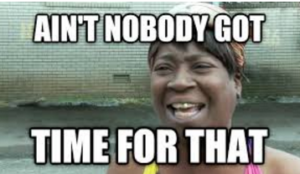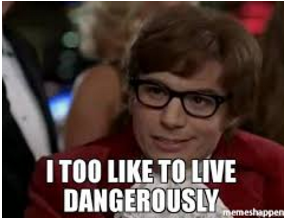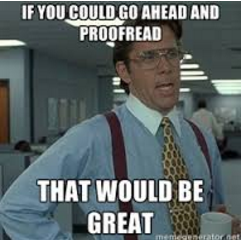The word “hashtag” is so much a part of our modern lingo that it’s hard to imagine its humble beginnings as the pound symbol, or that there are people that don’t know about its existence & purpose. One of the most instantly recognizable symbols on both online and offline platforms, it is a boon for the average social media user, social media agencies, marketers everywhere, and the occasional person with OCD. Why? Let me explain.
When hashtags were first used on social media (in 2007, on Twitter to be precise), they started out as being a means to aggregate all conversation around a particular topic. One search and videos, messages, images and more from across time and space (well, that channel in particular) would be presented for your viewing pleasure. You’re welcome, person with OCD issues . Ten years later, their use is still largely the same, but also, so much more.
As a means to organize/ categorize online conversations, hashtags allow your content to become discoverable, allow you to find other relevant content, and connect and engage with likeminded individuals on common areas of interest. When used properly, they create powerful context for recall, increase & measure engagement, and can provide real time updates.
Hashtags are used on almost every social media platform (and offline platforms too!), from the most popular ones (Twitter, Facebook, Instagram, Tumblr, and Pinterest) to slightly less common ones (Kickstarter, Vine, Flickr, etc), with functionality & purpose varying according to the platform.
Now Why Would Social Media Agencies Have a Love-Hate Relationship with Hashtags? (Mostly Love)
LOVE
- The use of hashtags can build image and awareness for the brand, amplify marketing efforts, and share the brand’s core values and issues. Coca Cola’s #ShareACoke had an easy to remember and simple CTA. Through the campaign, they connected with fans on a personal level, getting them to share their Cokes and their stories on social media platforms.
- Using hashtags allows you to amplify your reach and present your brand to people who may not have seen your post otherwise. In what was arguably one of the best hashtags campaigns of all time, The ALS Association was able to generate worldwide awareness and funds with #IceBucketChallenge, with en pointe messaging and interesting content.
HATE
Hashtags
- Researching a trending hashtag?
It’s important to take the time out and do your research before using a hashtag, especially when you’re chiming in on a trending one. Nestle-owned frozen pizza brand DiGiorno’s Pizza learned that the hard way when they accidentally interrupted a serious conversation on domestic violence using the hashtag #WhyIStayed. They quickly apologized, but have become infamous because of the gaffe.

- Posting an open ended tweet?
(McDonald’s #McDstories and JP Morgan’s #AskJPM became “bashtags” when trolls, former employees, and customers hi`jacked the hashtags the brands prompting a lesson for brands & account managers to be prepared for the repercussions if the campaign goes south!

For brand managers, a rushed/ unchecked tweet can spell disaster – literally. French beauty retailer Sephora’s #CountdownToBeauty created the wrong kind of buzz when the social media team left out the first “O” in the word “countdown. Britain’s Got Talent singing sensation, Susan Boyle, also got a lot of unwanted publicity when her PR team promoted her new album launch using the hashtag #susanalbumparty. You see it too don’t you? It was thankfully later changed. But by then the trolls and the Twitterverse had had the last laugh. Lesson? Proofread!
 Do you think social marketers have a love or hate relationship with hashtags? Are there any examples you’d like to share?
Do you think social marketers have a love or hate relationship with hashtags? Are there any examples you’d like to share?




I love reading these articles because they’re short but inortmafive.
Thank you so much for your interest!
At this time it appears like Drupal is the best blogging
platform available right now. (from what I’ve read) Is
that what you’re using on your blog?